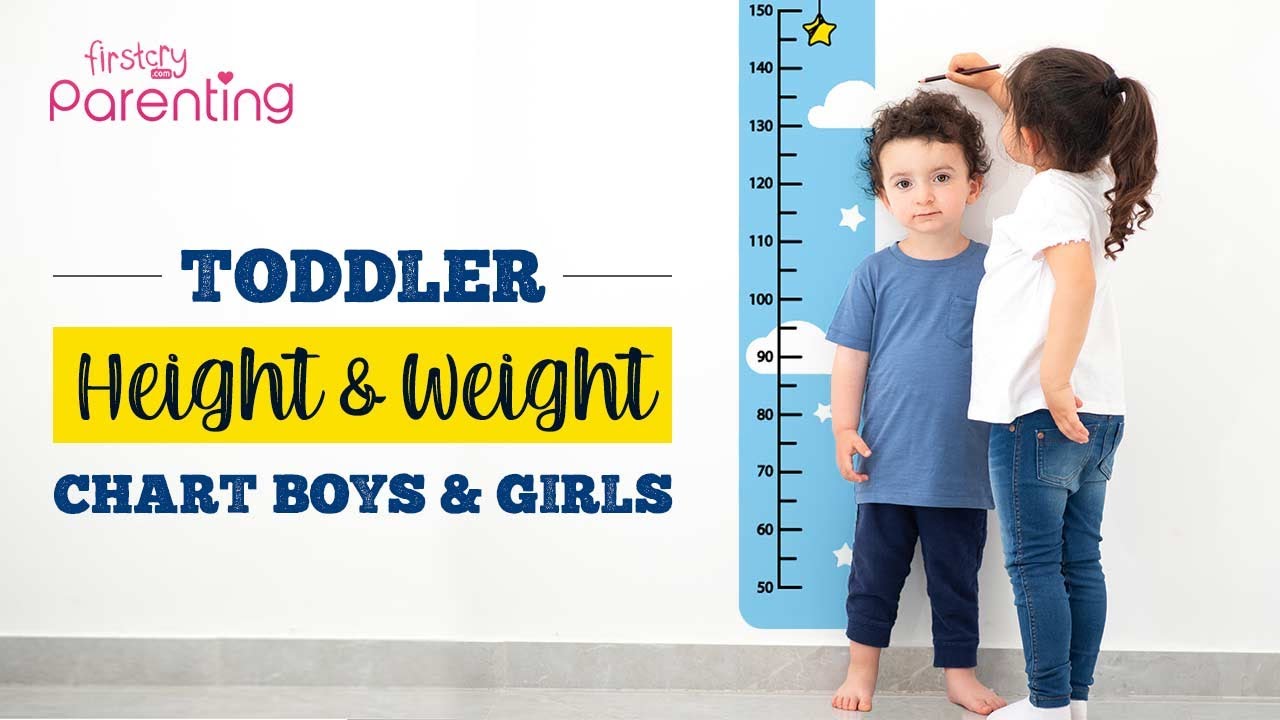What Is an Average 11-Year-Old's Weight?
When it comes to the growth and development of children, weight is an important factor to consider. Parents often wonder what the average weight is for their 11-year-old child. In this article, we will explore the topic of an average 11-year-old's weight and provide some insights and guidelines. Understanding the average weight for children of this age can help parents monitor their child's health and ensure proper growth.
1. Factors Affecting Weight:

Factors Affecting Weight
Before discussing the average weight, it's essential to understand the factors that can influence a child's weight. Several factors come into play, including genetics, diet, physical activity levels, and overall health. It's important to remember that each child is unique, and their weight can vary based on these factors.
2. Average Weight for Boys:

Average Weight for Boys
The average weight for an 11-year-old boy can range between 70 to 100 pounds (31 to 45 kilograms). However, this is just a general guideline, and individual variations are common. It's crucial to consider the child's height and build along with weight to have a more accurate assessment.
3. Average Weight for Girls:
For 11-year-old girls, the average weight is typically between 75 to 105 pounds (34 to 48 kilograms). Again, this is a general range, and variations exist based on individual factors. Assessing a girl's weight in relation to her height and body composition provides a more comprehensive understanding.
4. Growth Charts:
To track a child's growth and weight patterns accurately, healthcare professionals often use growth charts. These charts provide percentiles that indicate how a child's weight compares to others of the same age and gender. Consulting a pediatrician or healthcare provider can help parents interpret these charts and understand their child's growth trajectory.
5. Underweight or Overweight Concerns:
If a child's weight falls below or above the average range, it may raise concerns about being underweight or overweight. Underweight children might face nutrient deficiencies and delayed growth, while overweight children may be at risk for various health issues. In such cases, consulting a healthcare professional is crucial to determine the underlying causes and develop an appropriate plan.
6. Healthy Lifestyle Habits:
Maintaining a healthy weight involves adopting a balanced lifestyle. Encouraging regular physical activity, such as sports or outdoor play, can help children maintain a healthy weight. Additionally, promoting a nutritious diet with a variety of fruits, vegetables, whole grains, and lean proteins is essential. Limiting sugary snacks and beverages can also contribute to healthy weight management.
7. Importance of Body Positivity:
While weight is an important aspect of health, it's essential to promote body positivity and self-acceptance in children. Focusing solely on weight can lead to body image issues and unhealthy behaviors. Encouraging children to embrace their unique bodies and prioritize overall health and well-being is crucial.
The average weight for an 11-year-old varies depending on various factors. For boys, it can range between 70 to 100 pounds, while girls typically weigh between 75 to 105 pounds. Monitoring a child's weight in conjunction with their height and overall health is important. Parents should consult healthcare professionals if concerned about their child's weight and focus on promoting a balanced lifestyle and body positivity. By doing so, parents can ensure their child's healthy growth and development.